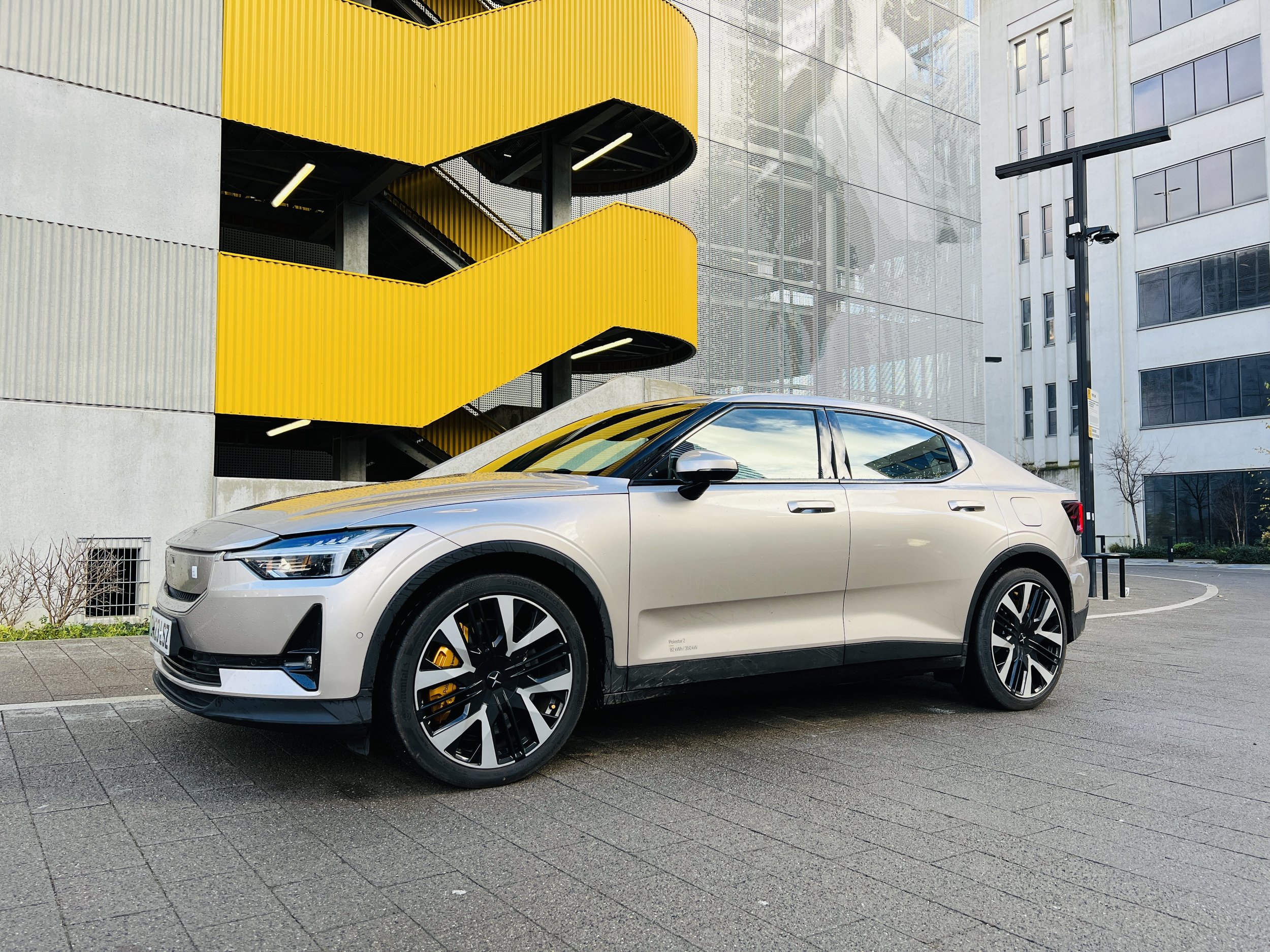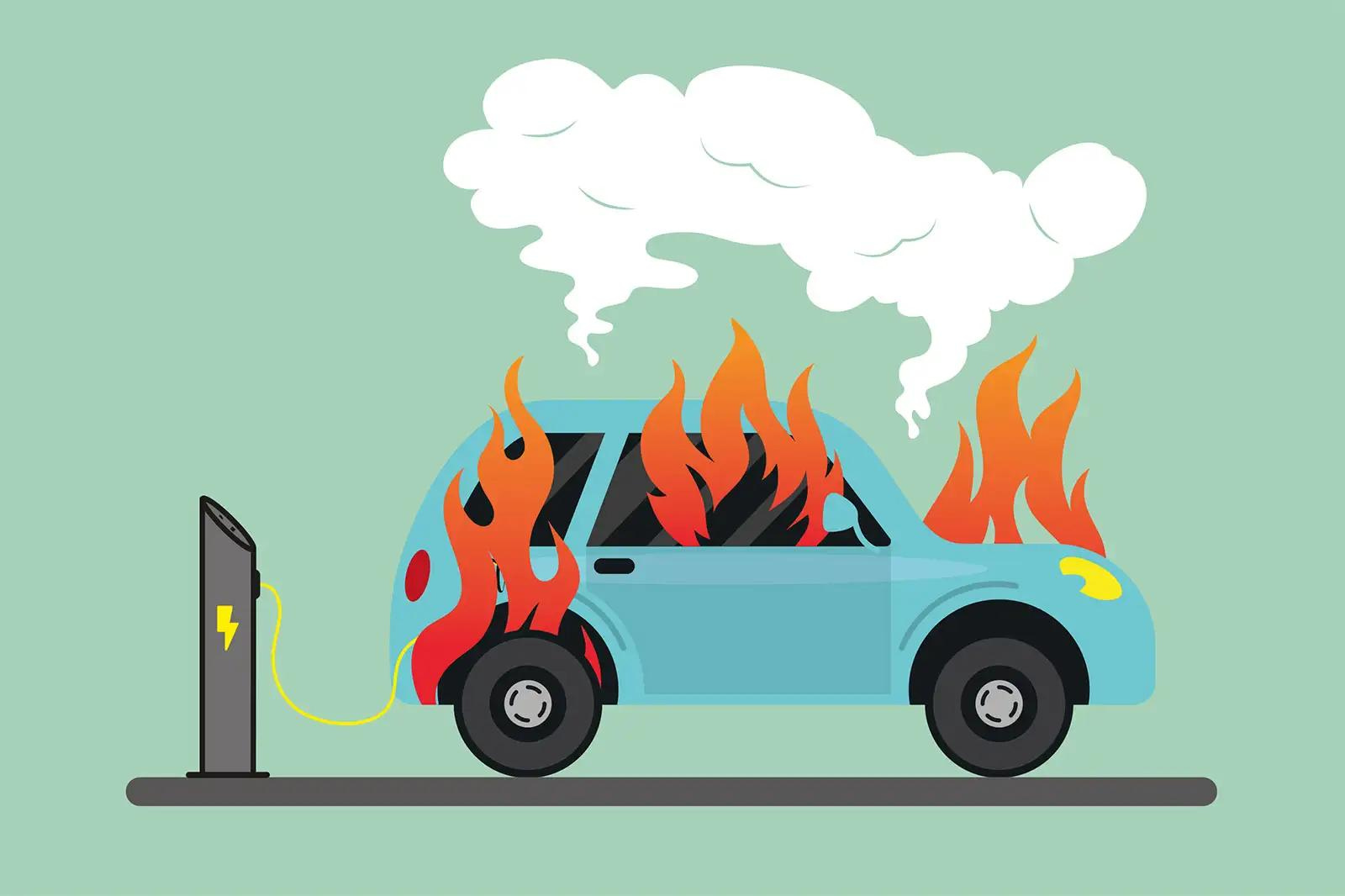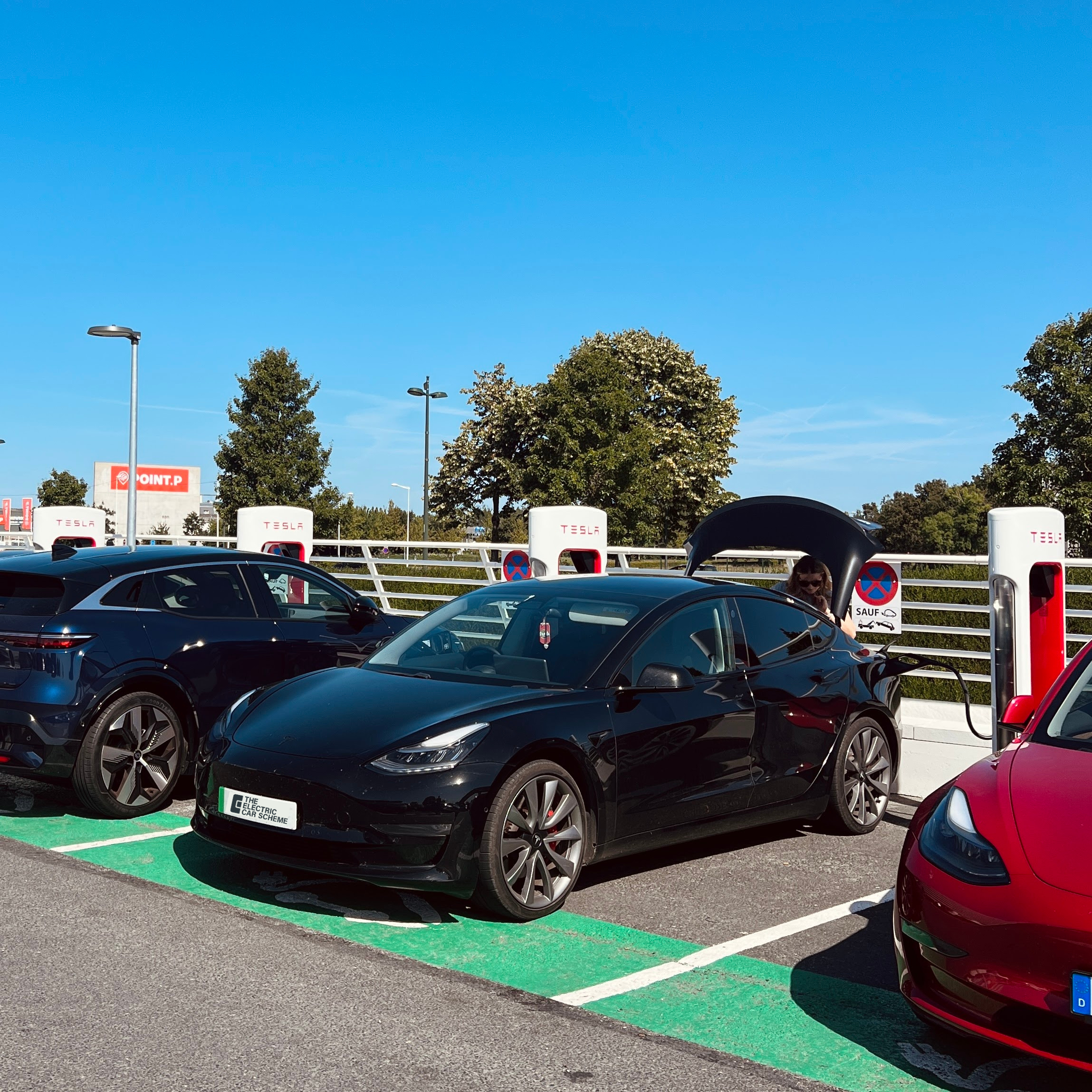Why is electric car insurance so expensive?
As electric cars are gaining popularity, there's a concerning development – the rising costs of insuring them.
In the last year, insurance costs for all types of cars have gone up. This increase is attributed to several factors, such as higher prices for used cars and spare parts, a shortage of labour, longer vehicle loan durations, a surge in personal injury claims, and a decline in insurers' investment returns.
How much has electric car insurance increased by?
According to Confused.com, the average insurance premium for all car types has gone up by 58% in the last 12 months, reaching a record £924 from £586. However, this overall increase doesn't fully capture the higher surge in premiums for electric vehicles (EVs), which spiked by 72% during the same period. In comparison, premiums for petrol and diesel cars increased by 29%.
A report from Thatcham Research, a specialist in automotive risk intelligence funded by insurers, sheds light on the challenges insurers face when covering EVs and the factors contributing to their higher premiums. These factors include more expensive incident claims for EVs compared to traditional internal combustion engine (ICE) cars, lengthier repair times, and the costly necessity of safely storing damaged EVs. According to the Association of British Insurers, claims for EVs are 25.5% pricier than their petrol and diesel counterparts, and their repair times are 14% longer.
Why has electric car insurance increased over the last year?
The Association of British Insurers (ABI) recently stated that the insurance market for electric vehicles (EVs) is competitive, offering coverage from various providers. The decision to provide insurance and determine its cost is up to individual insurers based on their risk preferences, according to an ABI spokesperson.
However, the ABI mentioned that insurers are grappling with increasing claims costs. These costs have surged due to higher expenses for repairs, materials, labour, and used cars, along with costly personal injury claims from serious incidents. In the past year, insurers paid out £2.5 billion in claims. ABI data reveals that for every £1 collected in premiums, the motor insurance industry currently pays out £1.10.
Insurance prices are influenced by risk, and claims for EVs are 25.5% more expensive than their internal combustion engine (ICE) counterparts. Additionally, EV repairs take 14% longer, affecting premiums.
Data from insurance firm QBE shows a 50% increase in EV repair costs and a 10% rise in days off the road between 2021 and 2023 compared to ICE vehicles. Tesla, in particular, saw a 93% increase in repair costs and a 25% increase in downtime.
Due to the significant presence of Teslas in the UK EV market, some insurers base their information heavily on experiences with Tesla and apply it broadly to all EVs, including vans.
According to Steven Kirwan, director of operations at LeasePlan Insurance, the lack of accurate data and risk profiling poses a challenge for insurers, leading to inflated prices or a reluctance to insure EVs. He emphasises that the higher premium for EV insurance is mainly driven by the higher initial cost of the vehicles.
Kirwan notes that EVs, being high-value vehicles, contribute to increased insurance costs. Another factor is the age profile of drivers, as vehicles are typically rated based on factors such as value, power, acceleration, and repair costs. Insurers tend to place EVs in higher insurance rating groups due to their higher value and power.
The ABI advocates for increased investment in training and reskilling automotive technicians to handle the growing number of electric vehicles. The Institute of the Motor Industry (IMI) reports that 39,000 UK mechanics are EV-qualified, but a shortage of around 16,000 EV-qualified mechanics is predicted by 2032.
Jon Dye, director of underwriting, motor for QBE European operations, acknowledges various factors affecting EV premiums, including the high cost of the vehicles and the state of public charging infrastructure. He urges clients to share as much data as possible with insurers to improve risk management and decision-making.
Electric cars pose a greater fire risk - is this another contributing factor?
People have expressed concerns that the risk of electric car fires might be negatively impacting insurance providers. However, Dye disagrees, stating that QBE has not found evidence suggesting that EV fires are becoming a significant problem.
This image is sourced from MSN
Dye explains that the attention given to EV fires in the media may be disproportionate to the actual risk. He notes that EV fires can attract attention due to their quick and intense nature, but the industry as a whole does not view them as a widespread issue.
Global research from EV FireSafe reveals that only 0.0012% of electric passenger vehicles experienced fires from 2010 to 2023. While comparable global statistics for traditional petrol and diesel vehicles are challenging to find, EV FireSafe's data suggests a much higher 0.1% risk of combustion, more than 80 times the rate observed for EVs.
Kirwan adds that the media tends to exaggerate rare instances of EV fires. LeasePlan's experience in insuring EVs over the past few years indicates very few incidents, contradicting the perception created by media coverage.
When will electric car insurance premiums come down?
Dye explains that motor insurance premiums are generally high, and he doesn't foresee a decrease in the short term for electric vehicles (EVs). One significant reason is that batteries make up about two-thirds of an EV's total cost, and if the battery is damaged, the car is essentially totaled.
He highlights a challenge in the repair sector: a shortage of skills and capacity to fix EVs. Repairing an EV is more intricate, especially when dealing directly with the battery, requiring specialised skills.
On the other hand, Kirwan argues that as the EV market progresses, there's a trend toward lower vehicle values and repair costs, which can positively affect EV insurance costs.
Looking ahead, Kirwan suggests that telematics data from EVs could play a role in personalising insurance rates based on driving behaviour. While concerns about data privacy exist, if drivers are open to sharing their data, it could revolutionise how insurance is personalised and priced. The advanced technology in EVs provides a wealth of data that, if accessible, could significantly impact insurance premiums.
“Our Tesla car insurance soared from £1,500 to £2,500 in a year!”
A Tesla owner, Matt Hone, shared his experience with The Sun. His Model 3 insurance renewal skyrocketed from £1,500 to £2,500 without any clear explanation. Despite negotiating down to £2,700, he eventually switched providers to save £200.
Matt believes many insurers still struggle to understand electric vehicles (EVs). In October, Confused.com reported a surge in the average car insurance cost to £924, the highest on record. This substantial increase from £586 in 2022 marked the largest year-on-year rise since 2006.
Matt, from Coventry, noted that when EVs first appeared, several insurers hesitated to cover them. Although more providers now consider EVs, prices have significantly risen in the past year.
Consumer lawyer Dean Dunham highlighted that there's no law preventing insurers from increasing premiums for electric vehicles. He emphasised the importance of shopping around for the best deals. While there's no legal restriction on raising premiums, insurers can't offer renewal deals less favourable than those for new customers.
Dean advised consumers, especially those considering electric cars, to obtain insurance quotes before purchasing to avoid post-purchase surprises.
This situation follows a car expert's tips on saving £2,000 on insurance renewals with just a click. Additionally, car dealers provided essential questions for buying used cars, helping buyers avoid potential issues.
What happened when our Marketing Director, Gaurav, dug deeper?
Gaurav, our 31-year-old Marketing Director, lives in Warwickshire with a clean driving record and seven years of no-claims bonus, decided to check the cost of insuring an electric car on moneysupermarket.com in 2024. Currently driving a Tesla Model 3 Performance, he has insured it with Admiral for £1,100 annually. This coverage also includes his wife's petrol Fiat 500X and home insurance as part of a multi-cover policy. When faced with a renewal quote of £1,400 from Admiral, Gaurav managed to negotiate a better deal simply by picking up the phone - a tip worth considering for others in a similar situation!
Using the comparison provider, about 50 insurers provided comprehensive insurance quotes for electric vehicles (EVs), ranging from £454 for a Smart EQ Forfour to £4,887 for a Tesla Model Y. Each model received a diverse range of quotes, showcasing the variability in insurance costs.
Despite acknowledging that insuring an EV is generally more expensive than covering an equivalent petrol or diesel car (for example, a 2019 Volkswagen Golf 1.5 TSI DSG Match Edition cost £350 to insure using moneysupermarket.com), the exercise emphasised the importance of shopping around for the best deals. Interestingly, insurers claiming to be EV-friendly were sometimes among the priciest, while Admiral emerged as one of the most consistently affordable options.
How can The Electric Car Scheme help with your electric car insurance?
When you choose our all-inclusive salary sacrifice package, we include comprehensive insurance in it. This means you can save 20%-50% on your electric car insurance costs because we deduct it from your gross pay, not your take-home pay.
Our CEO and Co-Founder, Thom Groot, said, ‘At The Electric Car Scheme, we're on a mission to make it easy for everyone to switch to electric vehicles. We know rising insurance costs can be a roadblock, so here's our solution: lease an electric car with insurance included in your monthly payment. With salary sacrifice, you can save 20-50% on your total lease package. We're committed to making the transition to electric simple and affordable for everyone.’
Salary sacrifice is a great way to afford a new electric car when you consider all expenses like lease payments, insurance, tires, servicing, maintenance, home charger, and more. To understand how the scheme works, check out more details here.
Images on this site are sourced from third party websites as listed below each image and are the property of their respective owners. If you believe any content infringes your copyright, please contact us at marketing@electriccarscheme.com.



